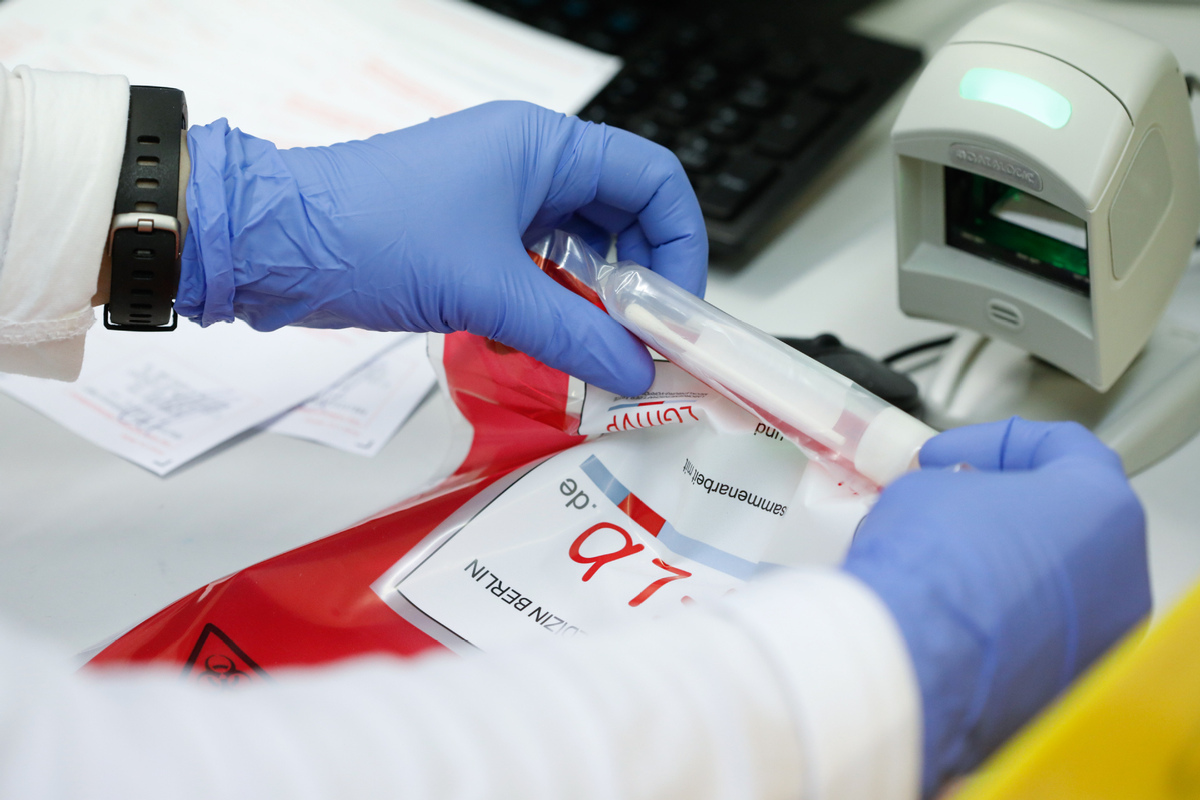Researcher confirms detection of coronavirus in Barcelona waste water on March 12, 2019
Xinhua | Updated: 2020-06-30 07:53
BARCELONA, Spain - Professor Albert Bosch from the Faculty of Biology of the University of Barcelona, one of Spain's most prestigious universities, confirmed to Xinhua on Monday that a study he had coordinated detected the presence of the novel coronavirus in waste water samples collected in Barcelona on March 12, 2019.

The findings of the study, which was led by researchers from the Enteric Virus Laboratory of the University of Barcelona in collaboration with the public-private company Aigues de Barcelona, were made public on Friday.
In an exclusive interview with Xinhua, Bosch explained how the study was conducted and what the results mean for research into the coronavirus.
"This is a virus that is excreted in the stool... which goes into wastewater. Therefore, the samples taken from waste water allow us to detect if the virus is circulating among the population. In fact, we have done it for other viruses before and that is why we looked for SARS-CoV-2 in wastewater," Bosch told Xinhua.
Since April 13 this year, the researchers have analyzed weekly the samples obtained from Barcelona's two major water treatment plants, and after seeing a strong correlation between the presence of coronavirus in waste water and the number of cases in the population, they decided to go further.
"We started looking for samples in our freezers that were leftover from previous studies, looking for other viruses. We only had a few frozen samples, which we've kept and concentrated," Bosch said.
The findings brought the date of the coronavirus' arrival in Spain even earlier -- the presence of the virus was detected on Jan. 15 -- 41 days before the official announcement of the first case of COVID-19 on Feb. 25. These results encouraged the researchers to analyze frozen samples taken between January 2018 and December 2019.
"Since January 2018, not every month -- because we had only a few specific months left, the samples have always been negative, except for one sample taken on March 12, 2019. That sample was clearly positive," Bosch told Xinhua.
According to the researcher, these results show the importance of analyzing of waste waters to track infectious diseases, and also prove that the virus was circulating un-noticed.
"Of course, it was a virus that was not being looked for, it was unknown. It also coincided with a period of respiratory infections such as influenza," he added.
Bosch said that because frozen samples from 2019 were remains of samples that had been tested for other viruses, the results are subject to further analysis. However, he confirmed that samples from March 12, 2019 "clearly" tested positive for coronavirus.
To date, the novel coronavirus has infected over ten million people and killed nearly half a million around the world, according to figures from the World Health Organization.
























